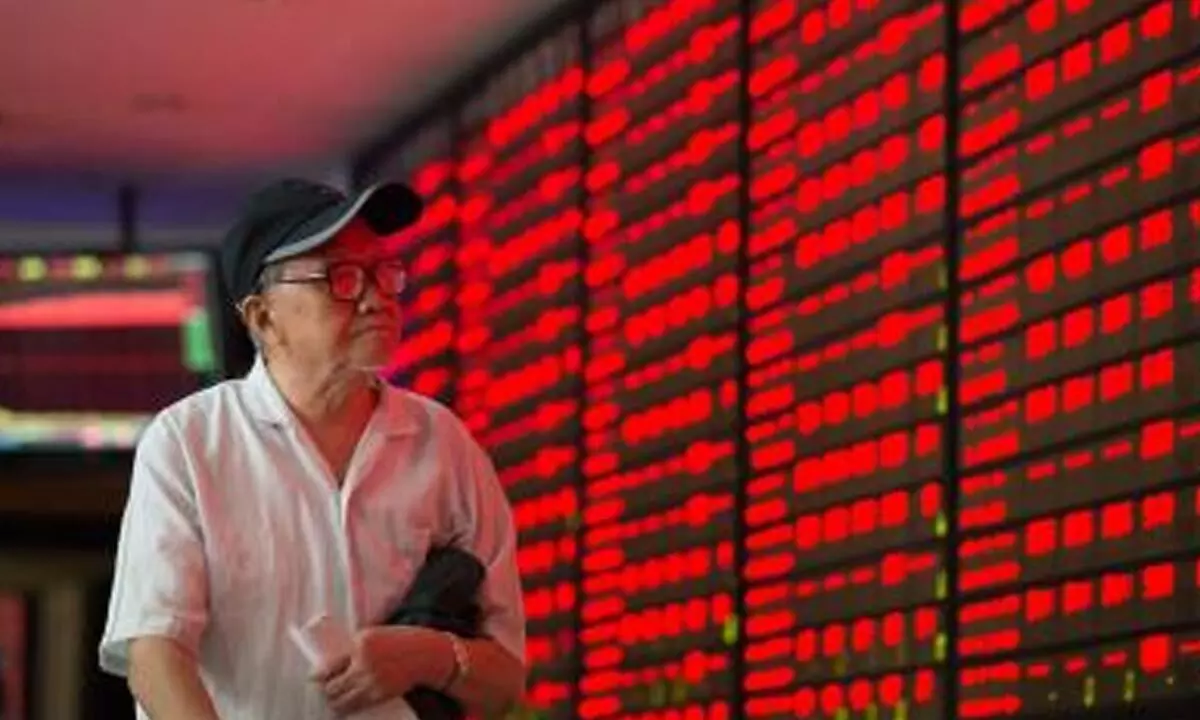Amid stock market rout, MSCI cuts dozens of companies from its benchmark China Index
Share :

Global stock index compiler MSCI is deleting dozens of companies from its benchmark China Index, which could further exacerbate fund outflows from Chinese equities after a massive stock market rout, a media report said.
Hong Kong: Global stock index compiler MSCI is deleting dozens of companies from its benchmark China Index, which could further exacerbate fund outflows from Chinese equities after a massive stock market rout, a media report said.
The index provider announced this week that it would drop 66 securities from the MSCI China Index, one of its flagship China indexes, as part of the company’s latest quarterly review. Five new securities will be added to the index, CNN reported
MSCI’s equity indexes are tracked by institutional investors worldwide for asset allocation and investment analysis. More than 1,370 global exchange-traded funds are linked to its various indexes, according to the company, the report said.
The MSCI China Index is the compiler’s key index tracking the Chinese stock market, covering about 85 per cent of the total market capitalisation of Chinese companies listed globally.
The decision by MSCI is likely to affect the weighting of Chinese stocks in global portfolios and could cause further fund outflows, at a time when investor confidence was already low, CNN reported.
The changes, effective after the stock market closes on February 29, will reduce the total number of the index’s constituents to 704.
This is an unusual move by the compiler, which for years had been largely increasing the number of stocks in the MSCI China Index. In its previous four quarterly reviews of that benchmark, it deleted a total of 57 stocks, and added 113, CNN reported.
China’s stock market has been in a protracted slump since recent peaks in 2021, with more than $6 trillion in market value having been wiped out from the Shanghai, Shenzhen and Hong Kong markets.



















